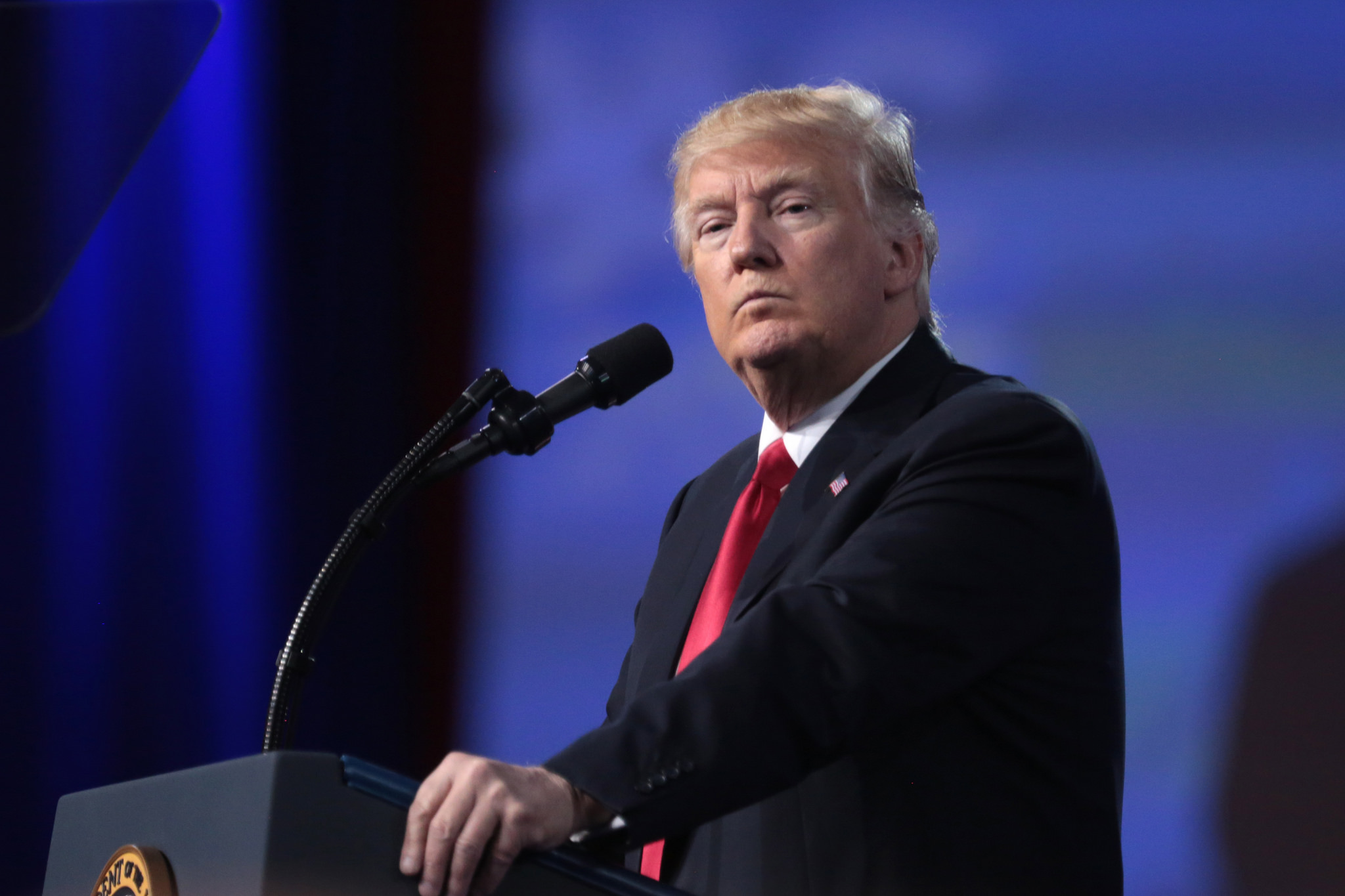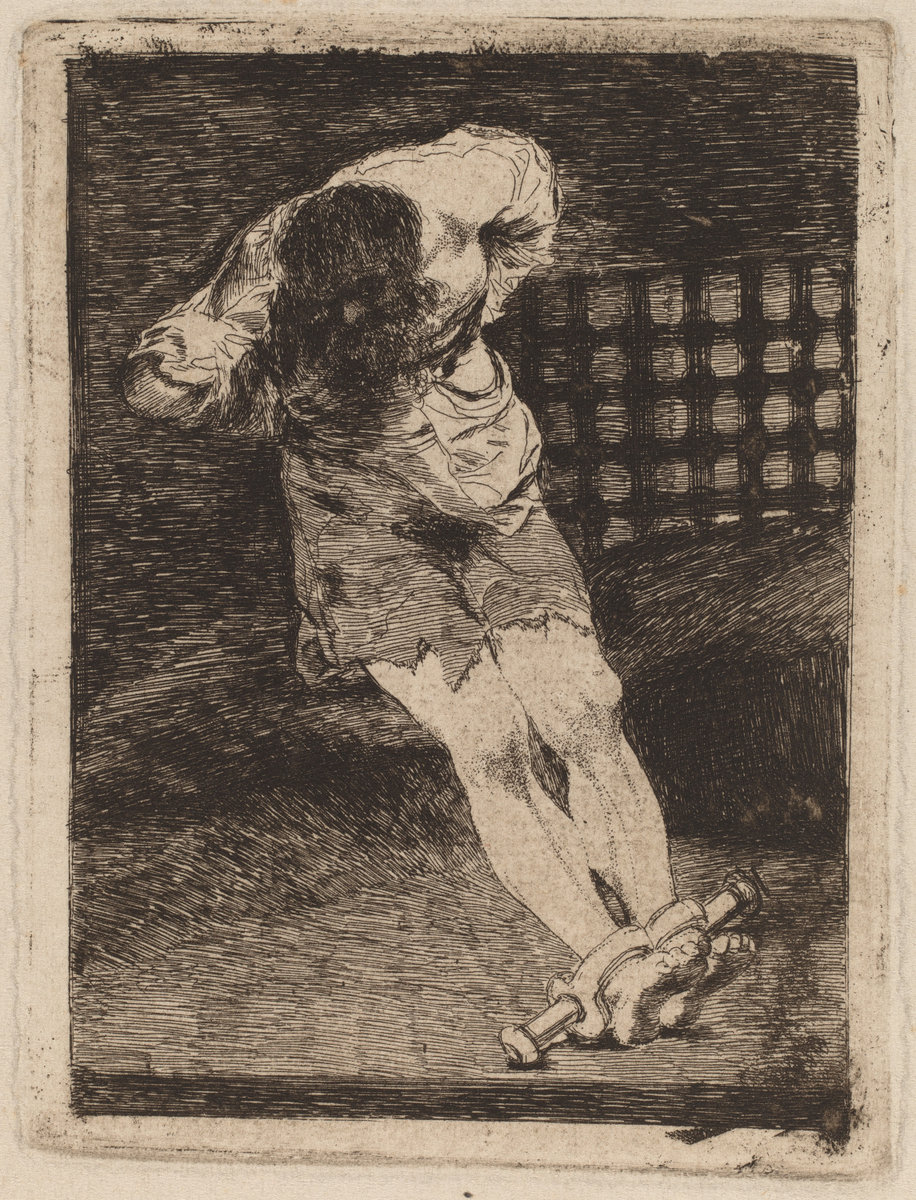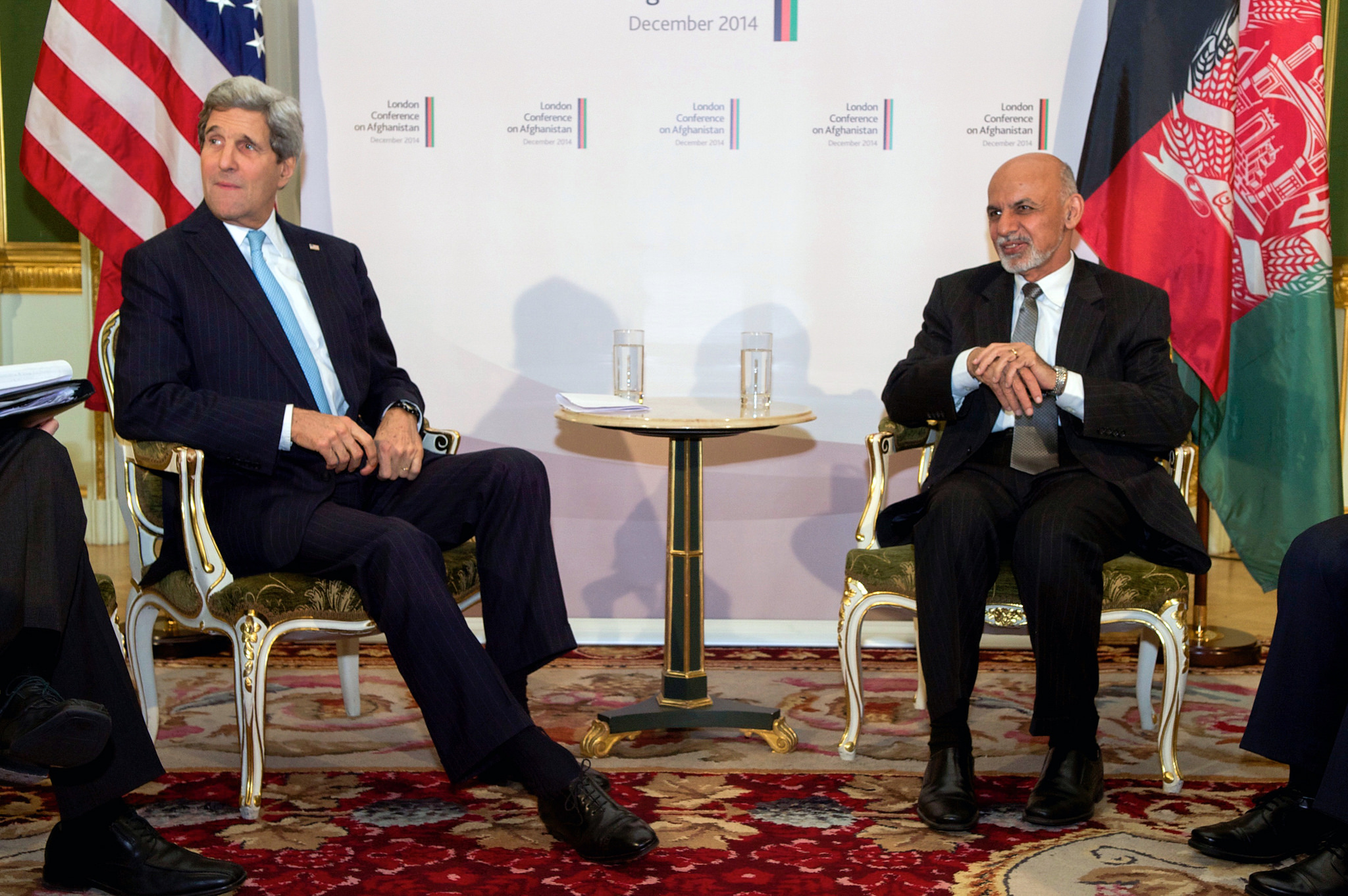By Rachel A. Epstein and Martin Rhodes for Denver Dialogues.
Populist politicians like Donald Trump are rightly credited with polluting public discourse with ‘alternative facts’. But it would be wrong to attribute all the blame to trigger-fingered Twitter fanatics like the new US president. The decline of objectivity in the social sciences and journalism – and the proliferation of ‘public intellectuals’ from their ranks – is also poisoning and perverting the ways in which we understand the world. Which is worse: an ill-informed real-estate developer cum leader of the free world with little credibility, communicating idiocies by the minute; or intellectuals with a high degree of credibility – both among their peers and beyond – purveying equally asinine opinions and ‘analysis’?
We have seen Donald Trump twist and turn from one position to another on NATO (the North Atlantic Treaty Organization). He first declared it obsolete throughout his campaign and in his first three months as president, and then stated in recent days that it is ‘no longer obsolete’ because its leaders (quite implausibly) have reformed its goals in response to his critique! This is a man whose understanding of international security is less than that of a struggling high school senior, but whose flip-floppery on the matter seemingly brooks no doubt. But knowing what we know about Trump, we should expect nothing less.
But what should we expect from our so-called public intellectuals? A great deal, one would have thought, given our perilous times, but their interventions on international security and NATO in particular in recent weeks seriously question their credibility. Trump’s Russophilia (apparently ditched unceremoniously last week with the attack on Syria) has found some strange bedfellows. Robert Skidelsky – the esteemed biographer of Keynes, Professor Emeritus of Political Economy at Warwick University, life-peer in the British House of Lords, and board member of the Moscow School of Political Studies – has cheered on Trump and advocates a reset of the West’s relations with Russia, arguing that, “NATO’s expansion between 1999 and 2004 to include the Baltic states was, in my view, a serious mistake” and that “Putin’s ‘realism’ in providing military support to Syrian President Bashar al-Assad is preferable to futile Western efforts to orchestrate a ‘political settlement’”. Yes, you read that correctly. Unsurprisingly, this is the same man who opposed NATO’s bombing campaign to hasten the demise of the Serbian strongman Slobodan Milosevic, a perpetrator of ethnic cleansing.
No stranger to political contortions himself (Baron Skidelsky of Tilton in the County of East Sussex has been a member of the British Labour Party, the Social Democratic party, from 1992 the British Conservative Party, and since 2001 an independent peer), Skidelsky is quite capable of criticizing Putin one minute and praising him the next, but ultimately concludes that the West is to blame for Russia’s destructive behavior. Lenin is reputed to have called his communist supporters in the West ‘useful idiots’. It would be good to know what Putin calls people like Skidelsky.
Skidelsky has a comrade in Jonathan Power – a seasoned (or perhaps over-seasoned, and half-baked) columnist who has written on foreign affairs for the International Herald Tribune, New York Times, and Washington Post (all ‘liberal’ newspapers) – who left no one in doubt of where he stands in a recent piece headlined “Trump’s right about one thing: NATO IS obsolete”. Arguing, like Skidelsky, that one can forgive the Soviet Union/Russia their many sins if one only remembers the Nazi invasion of June 1941, Putin’s hostility to the West should be blamed not on Russian paranoia, illiberalism, and expansionist ambitions, but on Bill Clinton and his support as US president for NATO’s inclusion of the Central and East European nations after the end of the Cold War. The strong desire of those nations to seek the protection of the Western alliance is never mentioned, and their half century under the boot of Stalin and his successors ignored. But then apparently we have all misunderstood the Soviet Union’s intentions. Power argues that, “A majority of historians who have examined the evidence are convinced that Stalin had no intention of invading Western Europe. The Second World War was won, the Soviet Union had a ring of friends around its borders, and Germany was divided” (emphasis is ours).
Not only is this an example par excellence of ‘alternative facts’ (the intention of the Warsaw Pact to make a massive nuclear attack on western Europe in the event of conflict is a matter of historical record), but his ‘ring of friends’ notion beggars belief: not only did the tanks roll into Hungary in 1956 and Czechoslovakia in 1968 to ensure their continued ‘friendship’, but civilian protest and political opposition were consistently crushed with Russian support across Central and Eastern Europe until the Soviet system collapsed.
Not only was NATO enlargement a good idea, but the alliance never was and is still not obsolete. For most of its history, Europe was at war with itself. Regional rivalries, economic chaos, and the worst forms of nationalism and racism wrought misery on Europe and the world. The US security guarantee following World War II, together with Europe’s political and economic integration, tamed those earlier enmities, but did not eliminate them entirely. So why dismantle a security architecture that has worked so well for so long when populist/nationalist/xenophobic politicians (with an undisguised fascination for Putin) are on the rise again in Europe, both East and West? NATO, trust us, should not be measured primarily by its success in Afghanistan. But its worth is proven every day in Europe, including, yes, the fact that Russia has successfully sowed chaos in both Georgia and Ukraine, and is doing its best to destabilize the Western Balkans, while the Baltics, fortunately, are protected by NATO’s firm embrace.
It is one thing to live under a US president who runs fast and loose with the facts. It is more depressing – and potentially more damaging in the long run (after all, Trump will lose office one day) – to have public discourse and argument undermined by disingenuous, dissimulating, and sometimes sycophantic commentators whose alternative facts and ill-conceived opinions are cloaked in an aura of intellectual respectability.
Following Trump’s recent missile attack on Syria, Anne-Marie Slaughter (academic lawyer, president, and CEO of the New America Foundation, and former Director of Policy Planning for the State Department under Secretary Clinton) wrote in the Financial Times that, “Syria’s agony will not soon end, but after years of global hand-wringing the US has finally taken a stand for basic norms of humanity and morality […] Mr. Trump’s decisiveness and precision in punishing Mr. Assad offered a refreshing moment of moral clarity, notwithstanding the risks.” But was it ‘moral clarity’ or a childish impulse that led Trump to strike Syria? Was he really not aware (because he had somehow not seen the thousands of readily-available images) that innocent men, women, and children (including ‘beautiful babies’) were being cruelly slaughtered by Assad’s forces for years, including during the entire duration of his presidential campaign when he was promising less, not more, engagement with the Syrian conflict and singing the praises of Assad’s principal patron, Vladimir Putin?
Trump might occasionally, randomly, and fleetingly embrace a policy that has merit, but probably for the wrong reasons. Rushing to endow such a decision with ‘moral clarity’ rather than engage in cautious assessment is doing us all a disservice. The ways in which public intellectuals engage in debate under this presidency truly matters—not just for the quality of policy decisions, and what comes after, but for the quality of public discourse and US democracy.
If Lenin had his useful idiots, and Putin clearly has his, it is distressing to see that Trump is attracting his own coterie of distinguished apologists.







6 comments
Very well said.
I am from the Balkans and unfortunately, three countries are left out of the West focus: Serbia, Bosnia and Herzegovina, and Macedonia. As the West (EU and Nato) do not care about the region except to have “collaborative autocrats” in power, Putin’s Russia is there to fil up the gap.
The longer you wait, more trouble will come in the future.
This endorsement of Trump’s new policy by a key member of former Secretary Clinton’s team shows how neo-conservative thinking continues to enjoy not just acceptance but favor in the US policy making world.
Seems we are stuck in a groundhog day replay of the Bush II era – just as many feared would be inevitable when the 2016 election came down to Clinton vs Trump.
This piece seems excessively propagandistic to me. The question of whether NATO is necessary or even useful depends in part on what one’s purposes are. The benefit of encouraging aggressive behavior on the part of violent rightists in Georgia and Ukraine, and the expansion of NATO to Russia’s borders, clearly serve a neoconservative approach to imperialism (or a ‘new American century’) and all that that implies, but other people may have other interests for which NATO is not relevant or even — dare I say it — counterproductive.
@J. X. Rodríguez:
1) Are you saying that Georgian and Ukrainian governments are more rightists than Russian Putin’s regime?
2) The author already stated, it was the free will of the Eastern European countries to join the Nato. Certainly not without a reason considering Soviet (Russian) bloody annexation in the 20th century.
Appeasement policies proved to be futile against ruthless autocrats. Let’s not make the same mistake again.
So, let me get this straight… different academic opinions are now considered to be “alternative facts?” Scholars and political commentators that do not toe the line of being in opposition to Trump are now illegitimate and not credible? Academia only seems to strive for diversity as long as it fulfills a certain narrative and serves as an echo chamber for narrow-mindedness. What a shame that this is what it has come to. This type of thing is exactly why Trump will receive a second term. Pity that Korbel is squandering any sort of dialogue or exchange between differing opinions…. wouldn’t want to be accused of spreading “alternative facts.”
Narrow-mindedness is in the eye of the beholder Megan. Hard-core Trump supporters – witness Trump’s rally this weekend – epitomize the phenomenon. Academics are honor-bound to base their opinions on facts and not to distort or misinterpret history or the present. But academics are no less immune to the magnetism of illiberal leaders and their harmful ideologies and madness than anyone else. Hitler and Mussolini and the Vichy regime had their useful academic idiots and and Marine Le Pen and other right-wing populists have their’s. Trump apparently also has his. They deserve nothing but disdain from those who support civil public discourse, respect for the truth and a strong democracy. And thankfully many of those who voted for Trump will be repelled by so-called intellectuals who use his presidency for the excuse to voice their support for illiberal regimes like Putin’s. That is why Trump will not win a second term.